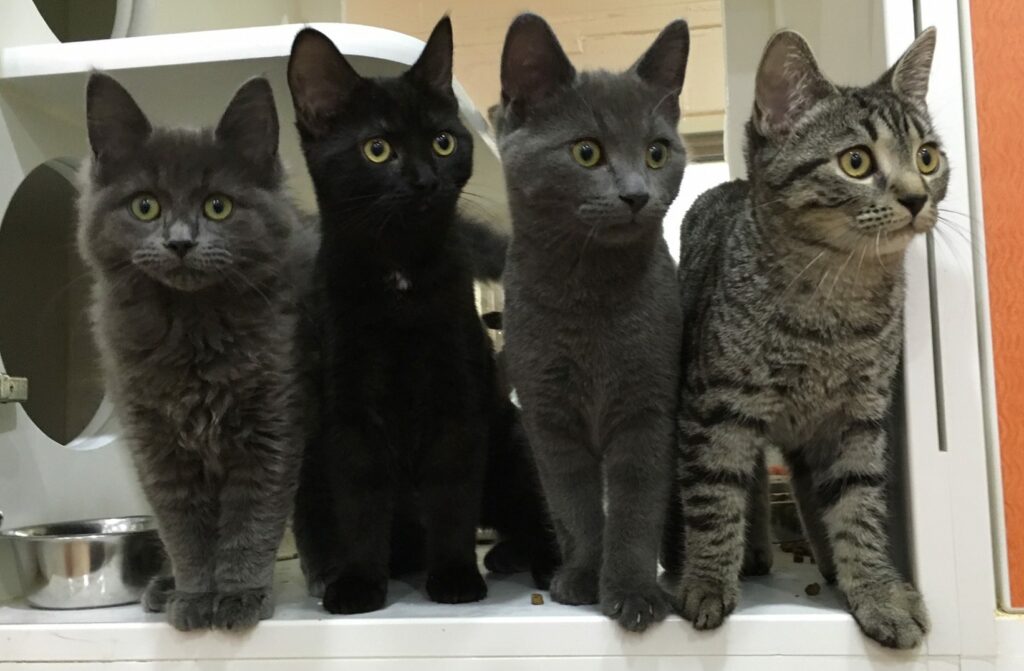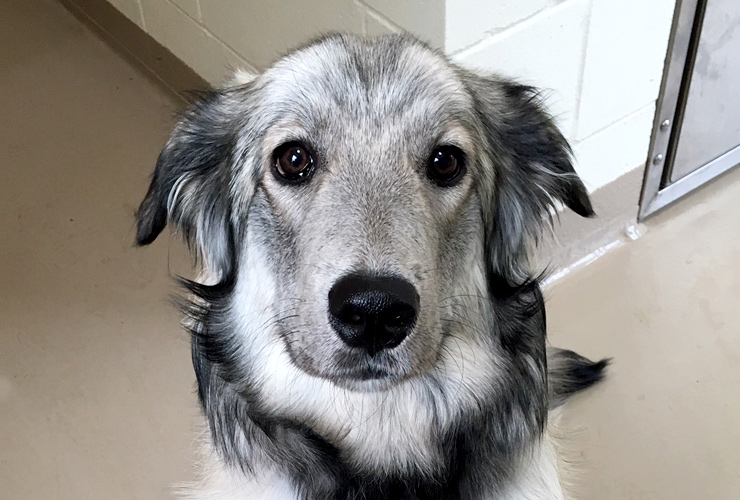Obesity in our pets
By Patricia Durocher • 25 January 2021
“I have a surplus of love for my pet. So his diet is generous, just like my affection for him!”
Did you know that if you don’t pay attention to your pet’s diet, you increase the risk of health problems in addition to harming his day-to-day well-being?
By overfeeding him or offering him an inappropriate diet, you run the risk of making him overweight, obese and deficient. It can also have direct consequences:
- the
diabetes
, - the
cardiovascular disease
, - of
joint problems
caused by excess weight, such as cruciate ligament rupture - from arthritic pain significant
- a
a decrease in energy
and
to play
.

For pitou and minou, a healthy lifestyle, especially a good diet and regular exercise, helps to maintain physical and psychological health! Here are a few tips to help you keep your companion away from overweight problems:
- Calculate the quantities as indicated on the food packet according to the manufacturer. This amount should be divided into several meals. Do not feed at will.
- Give your pet regular exercise such as walks, runs and games. It also has the advantage of keeping you active and spending quality time with your companion.
- Buy good-quality food. We wouldn’t recommend eating fast food 3 times a day!
- For treats, be careful with quantities. If several people in the family give treats to the pet, make sure they all agree on the maximum amount to be given per day.
- Avoid table scraps! The addition of several food sources overfeeds your animals. Spoil your pet without harming it. A cuddle or a toy is also a great way to reward your pet.
During your regular check-ups with your vet, talk to him about your pet’s situation. Animal health professionals can tailor his diet to his particular needs.
Just as for humans, good health depends to a large extent on a healthy diet and regular exercise. Our companions also need it for their health and well-being!
________
Prof. Dr. Vincent Paradis, Clinical Care Manager and Veterinary Clinician
Vincent has been Director of Clinical Care since 2012. In addition to his position as Director, he is President of the Association vétérinaire québécois de médecine de refuge.





Leave a Reply